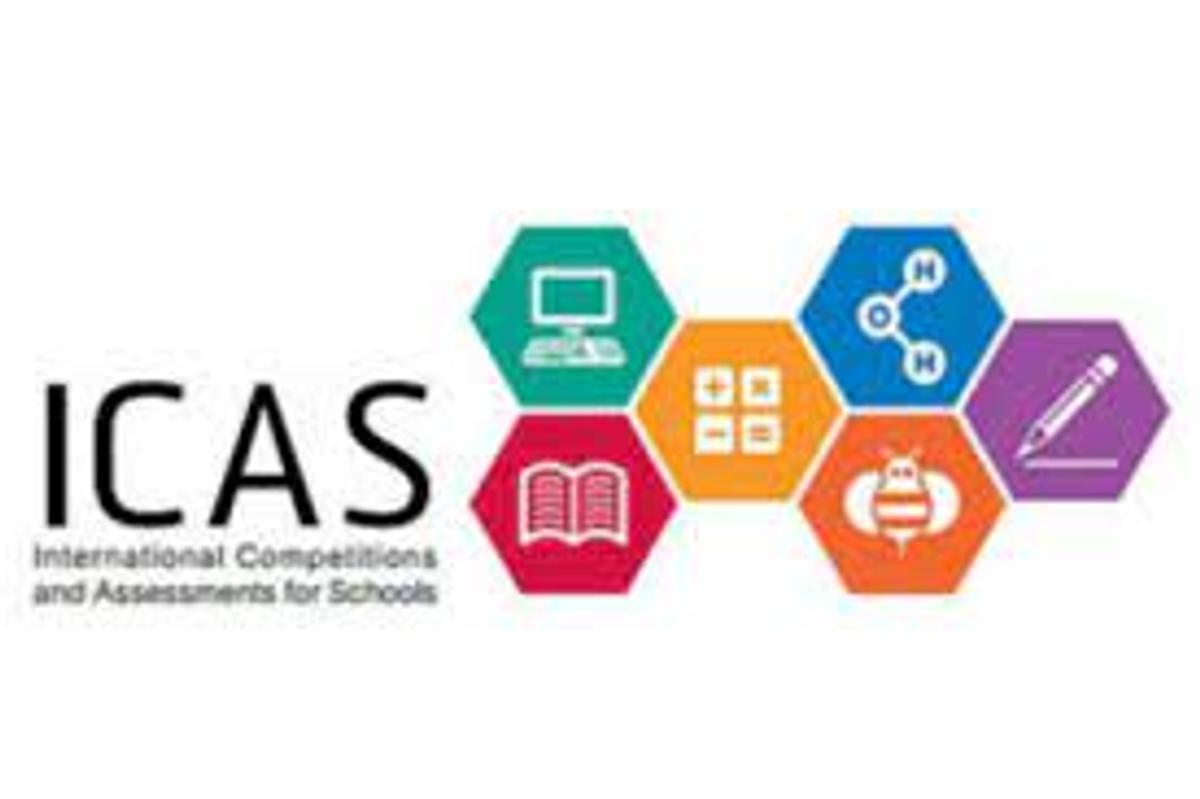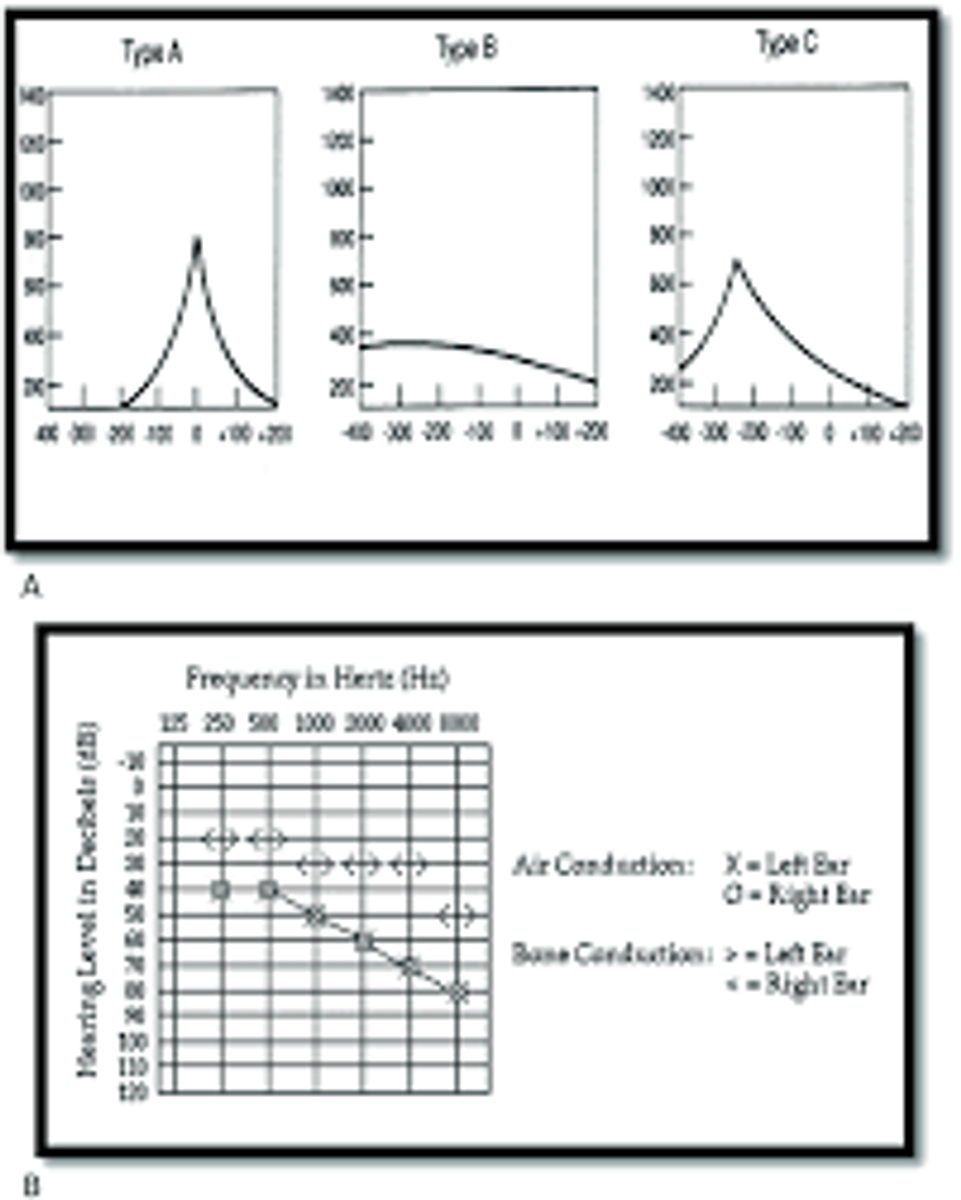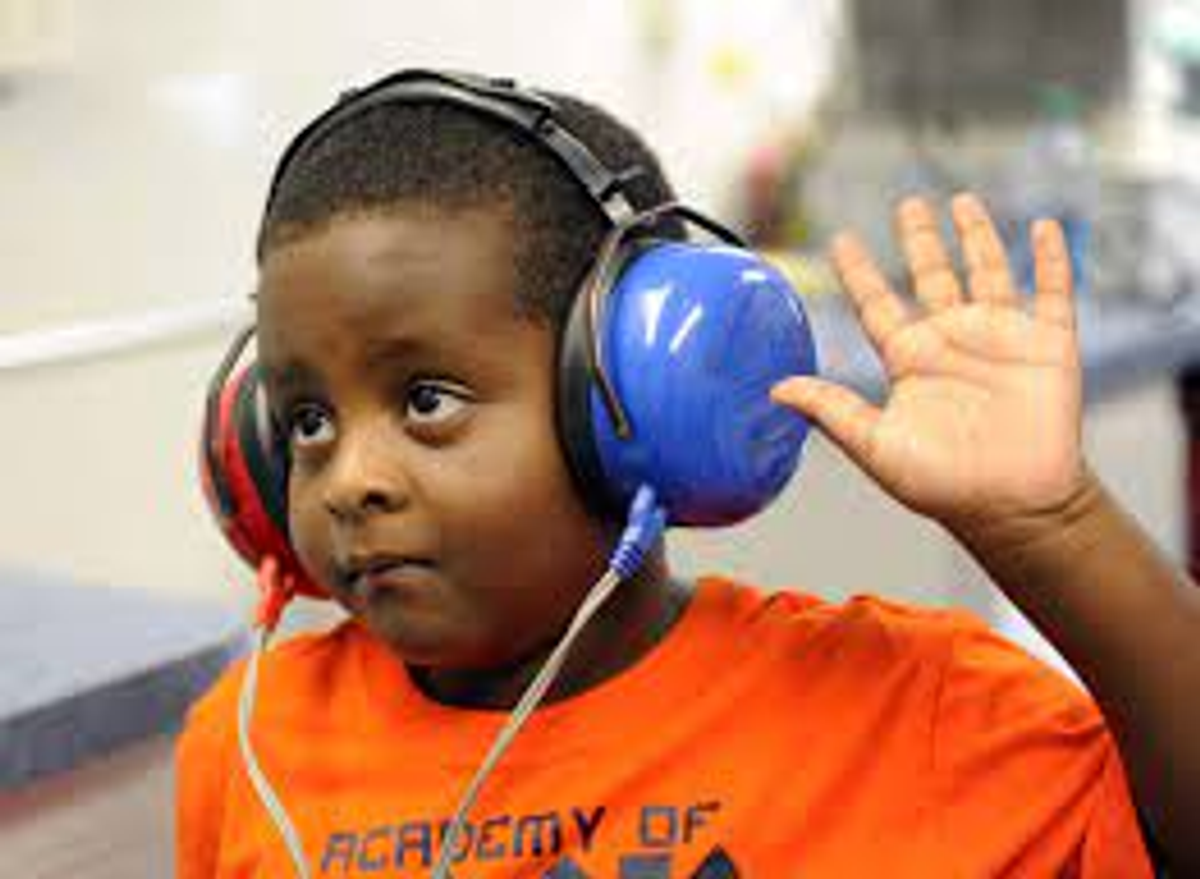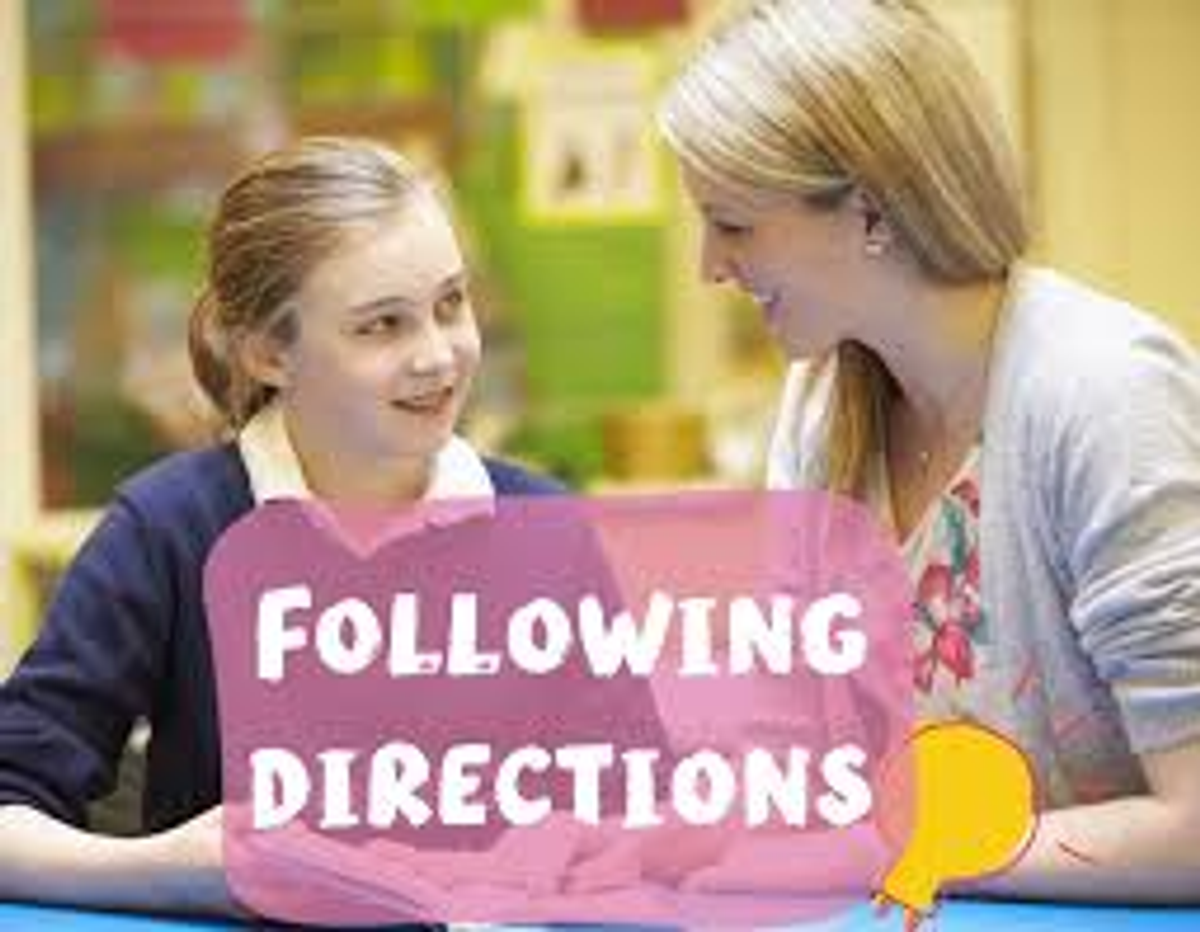Diverse Learning
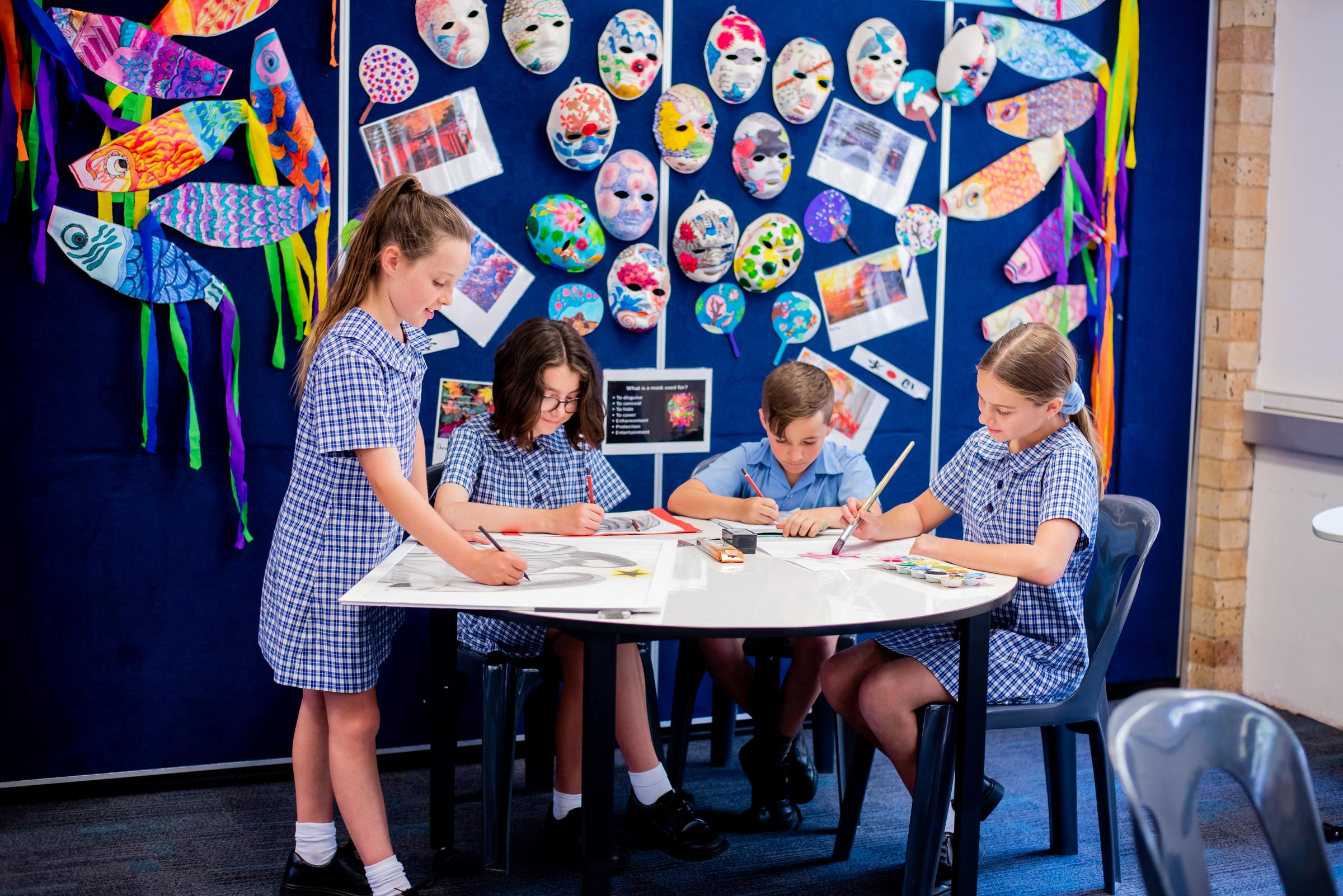
Science Week at OLF - Term 3 - Week 5
National Science Week is Australia’s annual celebration of science and technology and thousands of individuals get involved, taking part in science events across the nation. It provides an opportunity to acknowledge the contributions of Australian scientists to the world of knowledge. It also aims to encourage an interest in science pursuits among the general public and to encourage younger people to become fascinated by the world we live in.
At OLF, we will be celebrating Science Week 2022 in Week 5. The school theme for National Science Week in 2022 is Glass: More than meets the eye. It is based on the UN International Year of Glass. It will celebrate the many roles that glass plays in our lives, from phone screens to optical fibre to glassware in labs – plus investigating glass as a part of our sustainable future. Students will engage in a variety of lessons.
This year at OLF we will also be holding a whole school STEM competition for Science Week. Taronga Zoo is looking for a new animal enrichment object for the Asian Small-clawed Otter or Cotton-top Tamarin. We will follow our whole school design process. The winning designs will be entered into the Taronga Zoo competition. To find out more about this competition visit this link:
Miss Marnie Cleary | K-2 Coordinator
ICAS COMPETITIONS
A reminder that our school has signed up for the ICAS Assessments parent payment system (PPS) for English, Mathematics, Science, Writing, Spelling Bee and Digital Technologies. Through this system, parents can pay for ICAS directly online while tests will still be held at our school. Please use the following details to register your child no later than 1st August 2022. (This date is not set by the school, no late entries will be accepted).
Access details for parents to register their child and purchase assessments with PPS System:
Parent Link: https://shop.icasassessments.com/pages/pps
Parent Code: XME012
Assessments will take place before school. Students will be required to arrive at 7:45 am for an 8:00 am start under teacher supervision. Permission for your child to participate is assumed by your registration and payment to ICAS. Please click here to see the attached document for the Testing schedule.
Mrs Louise Gordon | Newman Coordinator
What Can You Do If Your Child has Lots of Colds, Asthma or Ear Infections?
It is common for young children to suffer from colds, ear infections or asthma at some point. Most children experience at least one ear infection before they are two. For most children, these occur rarely and pass after a short period of time. For some children, however, these symptoms occur frequently and can become chronic. If your child has had recurring colds, ear infections or asthma they may be at risk of developing some form of hearing loss. This loss can be mild and intermittent (that is, it comes and goes) but, even so, recent research indicates that this loss can be enough to affect your child's performance at school.
In the past, a hearing loss of anything less than 25 decibels was not considered to be important and was described as being "within normal limits". Over the last decade, however, we have realised that these standards were based on what is normal for adults and a much smaller loss may be enough to affect how children perform in the classroom - particularly at critical periods of learning. Now, for children, any loss of 16 decibels or more in either ear or a high-frequency loss in either ear, is said to be enough to potentially place a child "at-risk" for displaying difficulties consistent with a hearing loss.
A hearing loss caused by middle ear infections can cause (or worsen) language related learning problems in young children.
These problems may include:
- poor ability to attend to/ concentrate on spoken language.
- poor ability to hear which sounds are in a word. This may in turn lead to difficulties in the areas of reading and spelling.
- poor ability to hear the difference between similar sounding words (eg "bark" and "park"). This may affect how your child understands some things that are said to them.
If your child has a hearing loss at times when they are developing language skills, they may "miss out" on information. This may cause learning problems at school which may not be obvious until much later on.
For children of school age, then mild hearing loss, even for a short period of time, may affect educational progress. Hearing loss in one ear only can still have the same effect on your child's learning. Research shows that as many as 1 in 3 primary school aged children may have some degree of conductive hearing loss.
What can you do to help .....
If you think that your child may be at risk of having a mild hearing loss, the following strategies may be useful:
- Have your child's hearing assessed as soon as possible. Hearing tests may be arranged through:
- Community Health Centres
- Private Audiologists
- Hospitals with Ear, Nose & Throat, or Audiology Departments
- Universities with Audiology
- Australian Hearing Services
- If your child's hearing test indicates that their hearing level is more than 16 decibels, then this means that their hearing loss may be affecting their classroom performance (particularly in the areas of reading and spelling).
- If your child's first hearing test indicates that there may be a mild loss then make sure that you attend the follow-up appointment. This is important as hearing levels can change. The reverse is also true, that is, if your child has a normal hearing result from their first hearing test then they could still have a fluctuating hearing loss.
- Use the following strategies when you are talking to your child to give them the best chance possible of hearing you:
- Make sure your child is close to you when you are talking to them. This will allow your child to have the best chance of hearing, and they should also have a front-on view of your face.
- Make sure that you have your child's attention before you start to speak. This may sound obvious, but your child needs to concentrate on what you are saying and look at your face to have the best possible chance of hearing you.
It may even help to teach your child how to listen. This may mean letting them know that you expect them to stop what they are doing and look at you to let you know that they are listening.
Another way to teach your child to listen more effectively is to explain that when you are listening to another person you have to use your whole body. You listen with your ears and brain by switching them "on", with your eyes by looking at the person who is speaking and with your hands, legs, bottom and mouth by keeping them still.
- Keep light shining on your face, this will help your child to see your face when you are speaking to them.
- Don't speak with your back to your child. Speaking with your back to your child muffles your voice and prevents them from looking at your face.
- Try to reduce background noise (such as the TV, other children etc) when you are talking to your child. It will be more difficult for them to focus on your voice if they are hearing it mixed with other noises.
- Each time that you give your child an instruction check that they have really understood what you meant, (your child may nod and say "yes" without really understanding what you said. The most effective way to check that your child has understood is to ask them to repeat what you have said in their own words.
- Speak clearly to your child and use hand gestures (such as pointing) to give clues to what you are saying.
- Let your child's class teacher know about your child's hearing test results.
Ms Janelle Schembri | Learning Support


